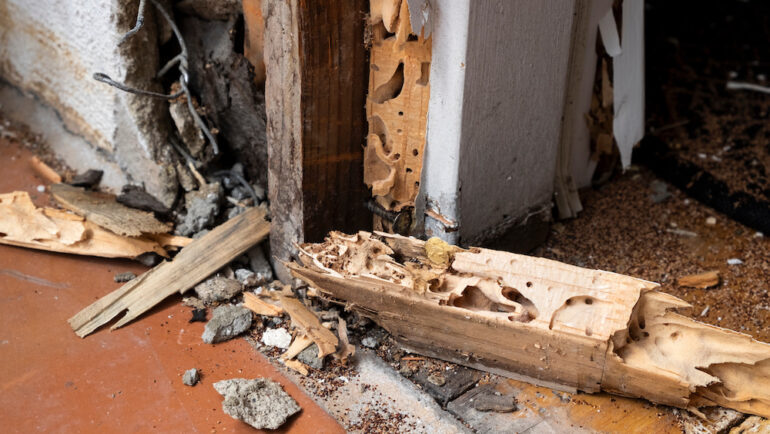Termites are responsible for causing significant property damage, amounting to billions of dollars each year in the U.S. This staggering figure underscores the importance of being aware of any past or present termite damage when you’re in the process of buying or selling a home. It’s crucial to address any ongoing infestation and to arrange for future protection of the property. Understanding the role of termite letters, contracts, and bonds is key in this process.
What sellers need to know
A homeowner planning to sell should hire a professional inspector to prove to potential buyers that their house is termite-free and to provide details about past infestation and extermination. The pest control professional should supply the homeowner with a termite letter detailing the specifics of the inspection, whether termites were found and, if so, what damage they caused, any steps taken to exterminate termites and prevent future infestations, and assurance that the home is termite-free.
What buyers need to know
Mortgage companies often require buyers to obtain a termite letter from the seller as part of the loan approval process, particularly on FHA and VA loans, where a letter is required by law.
Additionally, your seller should have had a termite contract with a pest control company. These contracts typically last five years and involve both regular inspections to determine whether there is any infestation and treatment if there is one. The termite contract may also involve protective services.
This contract should include a termite bond, which guarantees current and future owners that if termites are found again within a specified number of years after treatment, the necessary extermination will be free. The contract and bond are on the house and should be transferable to you as a new owner. The seller must prepare and provide this by closing.
Related – What Must You Disclose When Selling Your Home?


